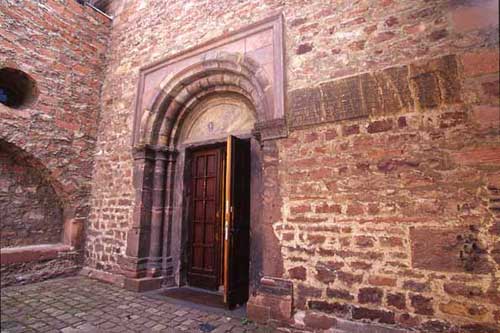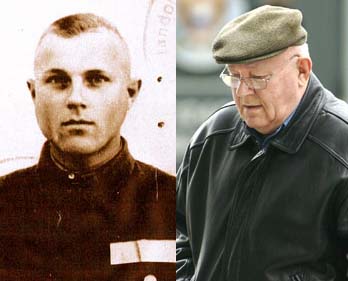
Tuesday, December 22, 2009
Too Close to Home?

Monday, December 21, 2009
Don't Rain on My Parade
Meow

Dear Mr. Shalev

To which I say: Mr. Shalev, please explain yourself. What does “a true declaration of war” mean? Who is Israel now at war with? With all of Poland? With Polish neo-Nazis (the presumed perpetrators)? With the thieves themselves? With anti-Semitism? And is it all of Israel that is now at war with one or all of these groups or is it just Yad Vashem? Or are Jews around the world at war? Will I be expected to grab a weapon and fight? Yes, I am being a little flip and perhaps it’s not appropriate, but with all due respect, your reaction completely over the top. Yes, this was a vandalization of a sacred place for Jews and for all other groups imprisoned and killed in Auschwitz. But the Polish government and police acted appropriately and after only three days, the sign was found. If these civil bodies reacted more coolly or ignored the incident all together, then it would be cause for greater outrage. But they didn’t.
Moreover, while the theft of the sign is serious, it’s still less serious than if a synagogue had been torched, Jewish Poles had been killed, or any other acts of senseless violence had been perpetrated. Again, if that were the case, then it would be cause for serious concern. But it wasn’t. So please Mr. Shalev, save your declarations of war for the truly heinous acts.
Update (1/1/10): It looks like the Swedes might have been behind the theft.
Thursday, December 10, 2009
Complex Justice

Friday, December 4, 2009
Quick Links
Switzerland is apparently the gift that just keeps giving. Yesterday, JTA reported to that a mainstream political leader is calling for a ban on separate cemeteries for Muslims and Jews.
For some levity, Jon Stewart comments on the minaret ban in Switzerland.
| The Daily Show With Jon Stewart | Mon - Thurs 11p / 10c | |||
| Oliver's Travels - Switzerland | ||||
| http://www.thedailyshow.com/ | ||||
| ||||
New Gig

